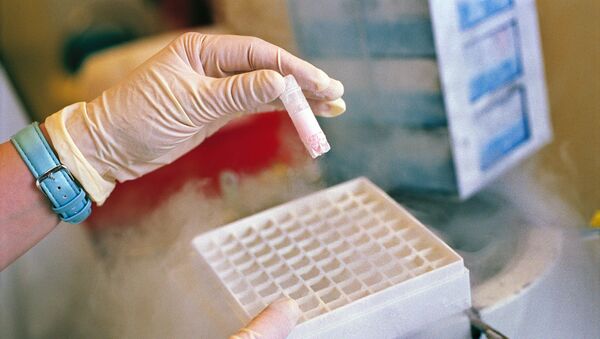According to De Telegraaf, the scientists carried out an outstanding experiment, as they didn’t use either eggs or sperm to create the embryos, which could then be repeatedly replicated. The results of the research will be used for medical testing to determine the reason as to why embryos fail to implant into women’s wombs. While the achievement may seem impressive, some fear that the research has opened the path to human cloning.
“As you know, embryos are very precious, and it is impossible to use to test drugs on them as you don’t have the numbers. With blastocysts you can open up the numbers. This will allow screening medicines in the future. I do not believe in using blastocysts for human reproduction. This is ethically very questionable, this would be clones of somebody who is already alive. Human cloning is totally forbidden,” lead scientist Professor Nicolas Rivron of Maastricht University said.
His colleague, department chair at the MERLN Institute of Maastricht University, Professor Clemens van Blitterswijk said that the experiment has paved the way for “a new biomedical discipline.”
“We can create large numbers of model embryos and build up new knowledge by systematically testing new medical techniques and potential medicines. It also dramatically reduces the need for animal experimentation,” the researcher explained.


